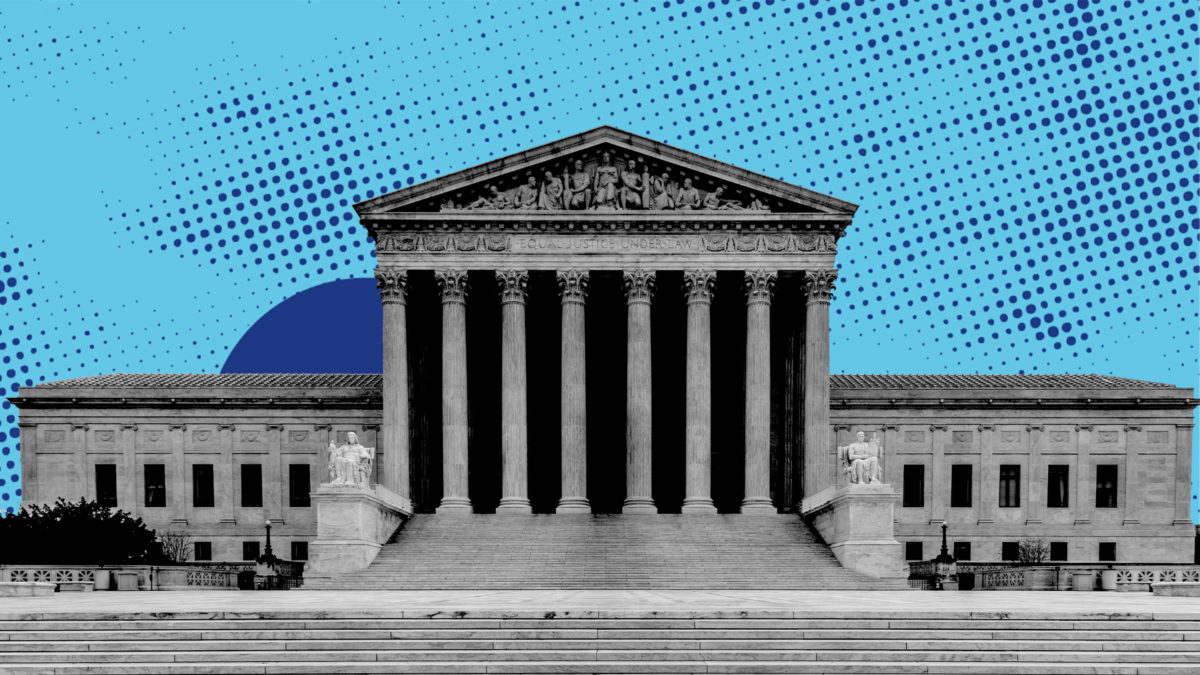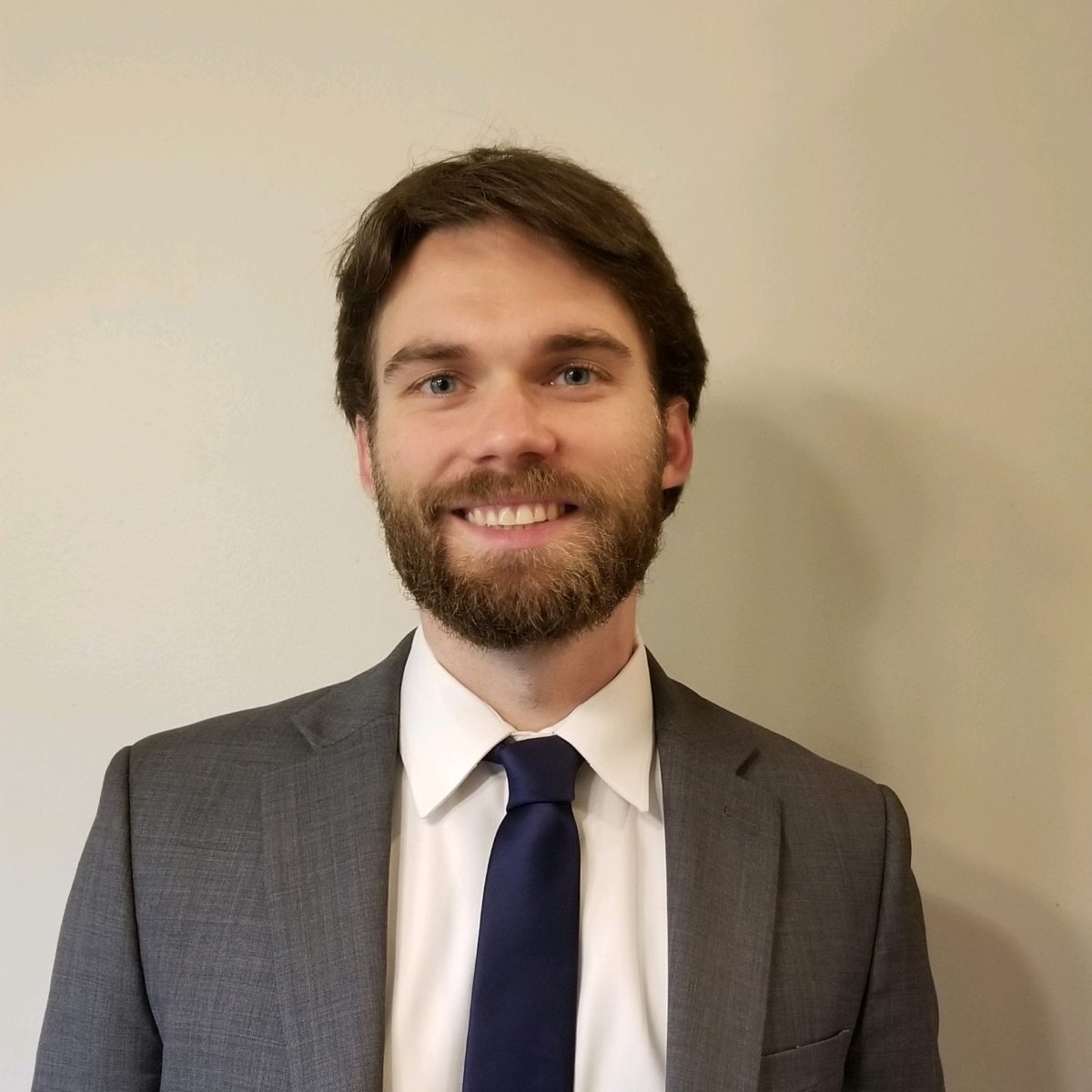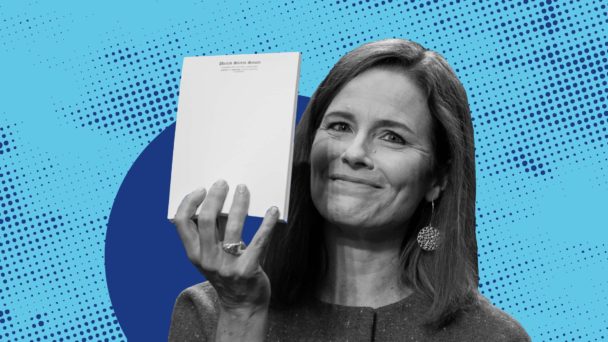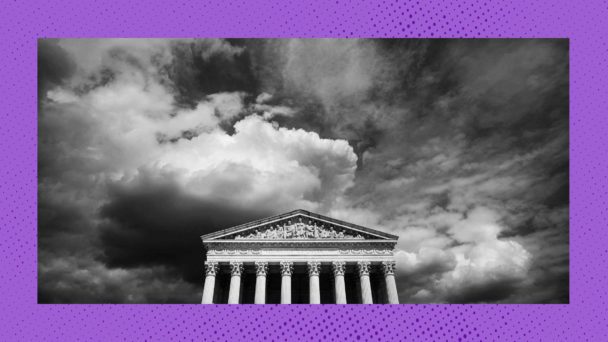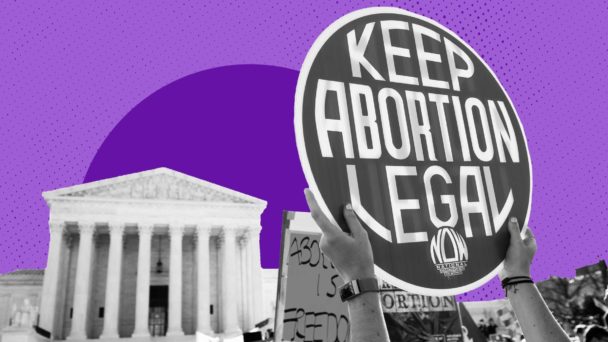American legal news is currently consumed by elite liberal and conservative lawyers battling over almost everything: abortion, voting, the constitutionality of white supremacist coups. But liberal and conservative lawyers often join forces against a common enemy: the poor. This cross-ideological hostility—an expression of America’s primary legal ideology, classical legal liberalism—is on full display in amicus briefs filed by a coalition of America’s bluest cities and states. These purportedly progressive local governments urge the U.S. Supreme Court to overturn two Ninth Circuit decisions, Grants Pass v. Johnson and Martin v. Boise, later this year. If these governments get their way, they’ll have free rein to surveil and incarcerate their unhoused residents for simply existing in public.
For all the backlash the Ninth Circuit’s decisions in Grants Pass and Martin have inspired, their holdings are limited and common-sense. Martin, decided in 2018, held that the Eighth Amendment’s prohibitions against cruel and unusual punishment barred governments from enforcing statutes “prohibiting sleeping outside against homeless individuals with no access to alternative shelter.” Grants Pass slightly expanded that rule in 2023, allowing unhoused individuals to use class action lawsuits to vindicate their rights and prohibiting civil fines for camping where “the civil and criminal punishments were closely intertwined.” The city of Grants Pass, Oregon, appealed, and the U.S. Supreme Court granted certiorari.
In their briefs, ostensibly progressive governments make surprisingly reactionary arguments. Seattle’s amicus brief, joined by Democrat-dominated cities like Tacoma and Honolulu as well as the National League of Cities, urges the Supreme Court to end Martin’s “harmful experiment” that has forced cities to choose between “providing shelter and surrendering public lands to [homeless] encampments that harm nearby communities.” Seattle’s attorneys also claim that a “town that is not allowed to keep its sidewalks clear and its park open” is “just a cluster of people living close together.” Cities required to offer basic services to poor residents before punishing their poverty, they argue, are not cities at all.
But Seattle’s lawyers advance even stranger claims, arguing that the Ninth Circuit’s decisions have unjustly given unhoused people—who are nearly four times likelier to die than their housed neighbors—more rights than everyone else. The rule of law, Seattle writes, requires that statutes be evenly applied “to the poor as to the rich.” Seattle’s lawyers argue that Martin violates legal neutrality by protecting only unhoused people from “enforcement of [neutral] camping and lodging prohibitions” while barring people with houses from sleeping on city streets. By treating homelessness as a lifestyle choice given special privileges by misguided Ninth Circuit meddlers, Seattle’s attorneys have unironically adopted Anatole France’s famous quote that the “law, in its majestic equality, forbids the rich as well as the poor to sleep under bridges, to beg in the streets, and to steal bread.”
This sort of argument appears throughout the anti-Martin amicus briefs. The conservative Goldwater Institute declares involuntary homelessness a myth, since anyone living out of a cardboard box “can choose alternatives” like finding a job or using “the social, medical, or psychological services necessary to bring themselves into compliance with the law.” (These alternatives do not exist thanks in large part to institutions like the Goldwater Institute.) California Governor Gavin Newsom’s brief makes a similar argument but employs the language of superficial humanitarianism. To Newsom, the problem isn’t that the Ninth Circuit is protecting people who truly have nowhere to go, but is instead that unhoused people aren’t required to prove they’re desperate. The brief argues that each unhoused person should be forced to prove, through a series of “individualized inquiries,” that they did not cause their own poverty.
These arguments—that statutes need only be facially neutral, cities should not be required to meet their residents’ basic needs, and impoverished people should be subjected to invasive surveillance before receiving any assistance—channel classical legal liberalism’s core objective: using formal equality to mask deep social and economic inequality.
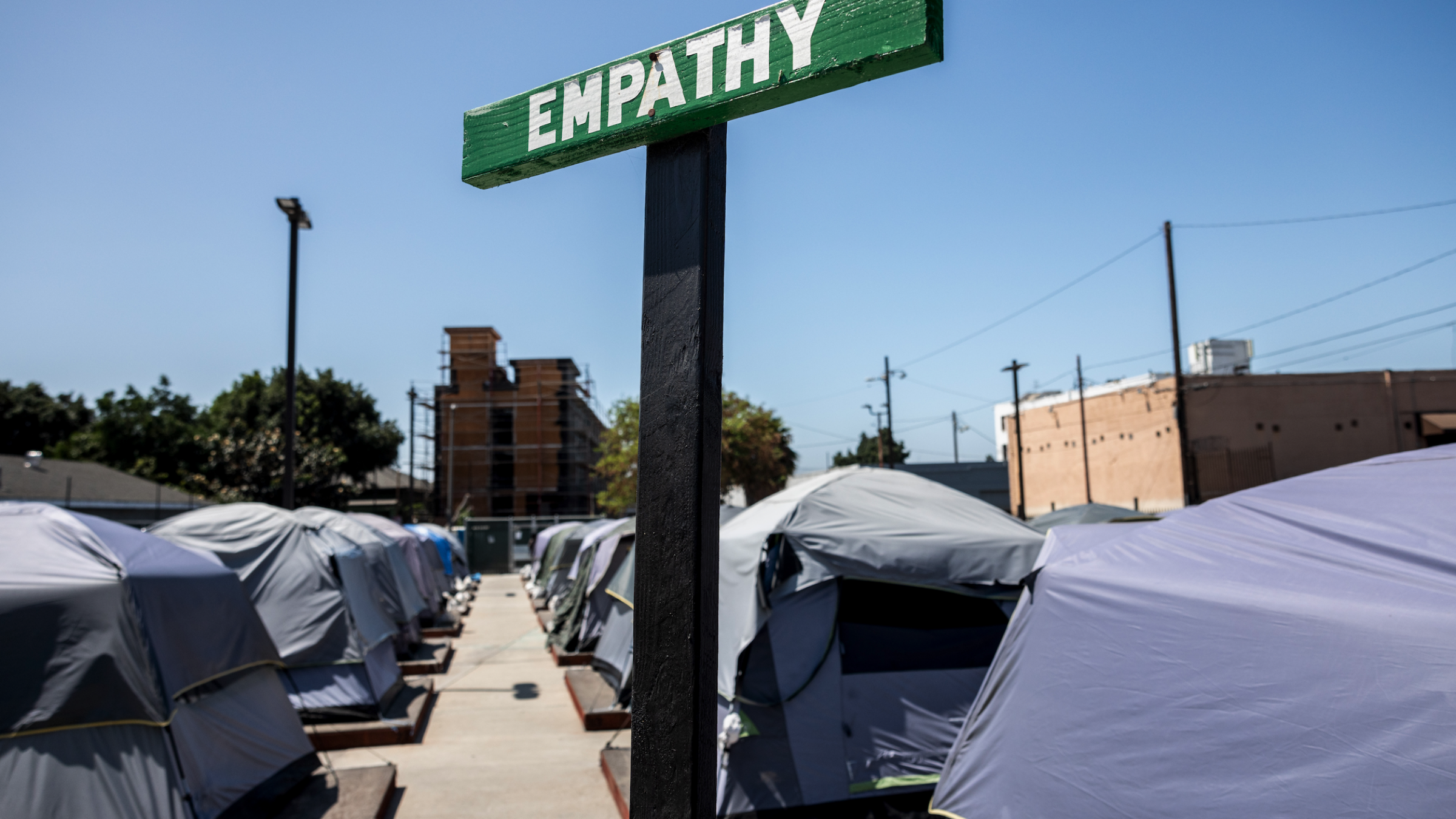
(Jay L. Clendenin / Los Angeles Times via Getty Images)
Classical legal liberalism, as Professors Joseph Fishkin and Willaim Forbath explain in their book The Anti-Oligarchy Constitution, emerged from post-Civil War Gilded Age economics. Corporate consolidation, spurred by new technologies and flagrant greed, inspired a variety of socioeconomic theories attempting to apply the scientific method to political problems. Among them was Adam Smith’s classical economics, whose (wealthy, elite) adherents claimed that economic science proved markets were self-regulating, and that if government simply protected individual rights—particularly property and contract rights—the invisible hand of the market would reward the industrious and punish the lazy. Systemic solutions, like redistributing wealth or mandating safe working conditions, were unnecessary at best and dangerous at worst.
Liberal corporate attorneys had an easy time fusing law and classical economics. About 98 percent of judges in the 1880s were wealthy, as Fishkin and Forbath note, and courts were deeply sympathetic to “natural” laws benefitting the wealthy and powerful. Elite lawyers urged courts to treat litigants as if they were equal, no matter how unequal they were in real-world terms. Many classical legal liberals used their abolitionist credentials to their advantage, applying arguments against slavery and segregation to any laws acknowledging inequality—for example, laws recognizing the simple fact that employers and employees lacked equal bargaining power. Slavery was wrong; wage slavery was not.
In practice, Smith’s invisible hand often looked like a mailed fist. Court-issued “Gatling gun injunctions” authorized the military to crush strikes, even when local authorities rejected federal military intervention. One contemporary journalist justified violent repression by arguing that strikers sought “to prevent capital from flowing into the hands of the only class in the in the community which is competent to use it”—the rich. Thomas Cooley, the father of American municipal law, argued that both racial segregation and worker protections were both forms of unlawful “class legislation” unfairly benefitting one group at the expense of another—even if workers objectively lacked the power of their robber baron bosses.
Today, the judges and justices who hear cases like Martin and Grants Pass are, like their Gilded Age counterparts, are overwhelmingly former corporate attorneys who favor the rich. Newsom’s request that the corporate-dominated Supreme Court prevent unhoused people from banding together as a class invokes Cooley’s hostility to class legislation, obscuring the vast difference in power between rich and poor. Seattle’s brief goes further, demanding that courts apply neutral rules to “the poor as well as the rich” and condemning any attempts to redistribute wealth to a minority in desperate need. The realities that fining and jailing unhoused people is wasteful, deadly, and completely ineffective are irrelevant, because any approaches would require redistributing wealth and are therefore ideologically unacceptable.
The ideology behind California and Seattle’s arguments demonstrates that the fight here is even larger than the West’s ongoing housing disaster. On one side of this fight are progressive governments using the legal system to make poverty look like the inevitable outcomes of natural law. On the other side are advocates who understand that there is nothing scientific or natural about corrupt systems that punish people for their poverty. By attacking Grants Pass and Martin, classical legal liberals are adding a new page to a very old story: presenting themselves as principled humanitarians while protecting the powerful at the expense of everyone else.
